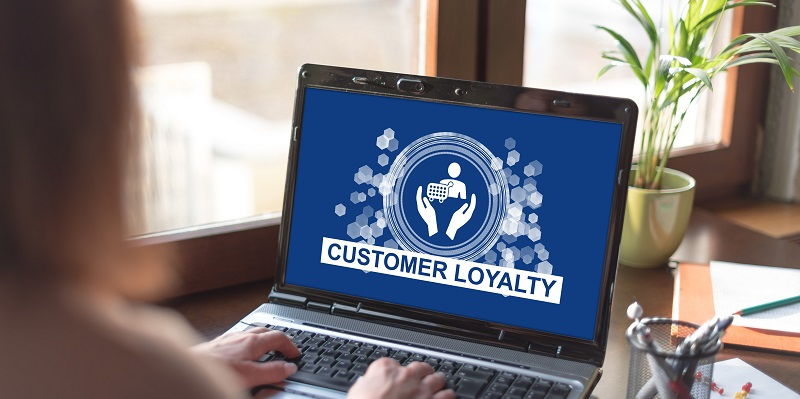In today’s competitive business landscape, customer loyalty is a valuable asset that can significantly impact the success and growth of a company. Loyal customers not only provide stability but also act as brand advocates who attract new leads and help pave the way for business expansion. However, cultivating customer loyalty requires implementing effective strategies, understanding your customers, offering exclusive deals and rewards, and providing exceptional customer service. In this article, we will explore these key aspects, highlighting their importance and the role they play in fostering customer loyalty.
The Importance of Customer Loyalty
Customer loyalty goes beyond mere repeat purchases. Loyal customers not only stick with your brand through thick and thin, but also act as your brand ambassadors, sharing positive experiences with others. By fostering loyalty, you can create a dedicated customer base that not only ensures stability but also facilitates business growth. It is essential to recognize the significance of customer loyalty and invest effort in cultivating it.
Understanding Your Customers
Before you can effectively cultivate customer loyalty, it is crucial to understand your customers on a deeper level. By gaining insights into their preferences, needs, and pain points, you can tailor your products or services to their specific requirements. Regularly collect feedback, conduct surveys, and analyze customer data to gain a comprehensive understanding of your target audience. Knowing your customers is a prerequisite for building lasting relationships and, consequently, cultivating loyalty.
Exclusive Deals and Discounts
One of the tried-and-true methods to ensure customer loyalty is by offering exclusive deals and discounts. These are effective ways to make your customers feel valued and appreciated. By providing special offers, you create a sense of exclusivity and gratitude among your customer base. This approach not only encourages repeat purchases but also generates positive word-of-mouth, as customers love to share their savings and good experiences with others. Unfortunately, many businesses fail to reward their existing customers for staying, missing out on a valuable opportunity to strengthen loyalty.
The Importance of Rewarding Existing Customers
Rewarding your existing customers is a powerful way to demonstrate that you care about and value their relationship with your company. Whether it is through loyalty programs, personalized gifts, or surprise bonuses, showing appreciation for their continued support fosters a sense of loyalty and strengthens the connection they feel toward your brand. By implementing a robust rewards program, you incentivize your customers to remain loyal and encourage them to advocate for your business within their personal networks.
Implementing Referral Programs
A referral program is an effective strategy for rewarding your existing customers for recommending your solutions to others. By providing incentives or bonuses for successful referrals, you not only encourage your customers to spread the word about your brand but also give them a platform to actively participate in its growth. Referral programs not only attract new customers but also contribute to customer satisfaction and retention, as they enhance the overall customer experience and reinforce the value that customers place on their loyalty.
The Benefits of Referral Programs
A well-thought-out referral program can be a game-changer for businesses. It not only aids in acquiring new customers but also acts as a retention tool. When your existing customers are rewarded for advocating for your solutions, it strengthens their loyalty and encourages them to remain engaged with your brand. It creates a mutually beneficial relationship where customers feel appreciated and valued, and businesses benefit from increased customer acquisition and retention rates.
Excellent Customer Service as the Key to Loyalty
No discussion on customer loyalty is complete without emphasizing the importance of excellent customer service. Providing exceptional customer service goes beyond meeting expectations; it involves going the extra mile to ensure customer satisfaction. By promptly addressing queries, resolving issues, and showing genuine care for your customers, you create a positive and memorable experience. Satisfied customers are more likely to remain loyal and become advocates for your brand, resulting in valuable word-of-mouth recommendations that can significantly boost your reputation.
Cultivating customer loyalty is a vital aspect of any successful business. It requires a deep understanding of customers’ needs, effective strategies, and a commitment to exceptional customer service. By offering exclusive deals, rewarding existing customers, and implementing referral programs, you can enhance loyalty while attracting new customers. Remember, a loyal customer not only helps your business thrive but also acts as a powerful advocate who spreads positive word-of-mouth. By fostering loyalty and building lasting relationships, you can lay the foundation for continuous growth and success.

